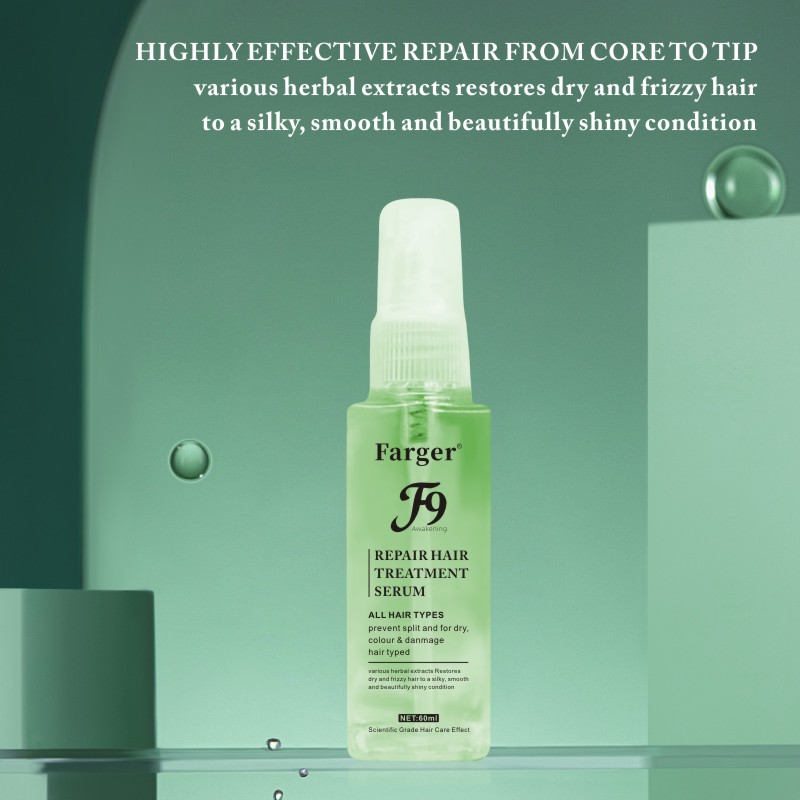Introduction
Dry shampoo has become a go-to for many who want to refresh their locks without the hassle of washing. It’s quick, convenient, and can save time during a busy morning. But as with any beauty product, concerns arise. Could that trusty bottle be the culprit behind headaches or even earaches? Let’s dive into the details and uncover the truth!
What Is Dry Shampoo?
Definition and Purpose
Dry shampoo is a product designed to absorb excess oil from your scalp and hair, giving your hair a cleaner appearance without the need for water. It’s especially handy on those days when you’re running late or just can’t bear to wash your hair.
Different Types of Dry Shampoos
There are various formulations available, from aerosol sprays to powder forms. Some are designed for specific hair types, while others boast additional benefits like volume or scent.
Ingredients in Dry Shampoo
Common Ingredients and Their Effects
Most dry shampoos contain starches or powders, like rice or cornstarch, which help soak up oil. However, they can also include fragrances, alcohol, and silicones, which might not be suitable for everyone.
Potential Irritants
Some individuals may experience sensitivities to these ingredients, leading to discomfort, including headaches. It’s essential to read labels and be mindful of what’s in your products.
How Dry Shampoo Works
The Science Behind Absorbing Oil
Dry shampoo absorbs oil and sweat, allowing you to extend the life of your hairstyle. But if misused, it can lead to buildup on the scalp, which may trigger irritation.
Application Methods
How you apply dry shampoo can also influence its effects. Spraying too close or applying it in excess can cause product accumulation, potentially leading to scalp issues.
Possible Side Effects of Dry Shampoo
Overview of General Side Effects
While dry shampoo can be a lifesaver, it isn’t without risks. Common side effects include scalp irritation, dryness, and in some cases, headaches and earaches.
Specific Focus on Headaches and Earaches
Headaches might arise from strong fragrances or irritants, while earaches could result from product getting into the ear canal during application.
Headaches and Dry Shampoo
Connection Between Ingredients and Headaches
Certain ingredients, particularly artificial fragrances or alcohol, can trigger headaches in sensitive individuals. If you notice a pattern, it might be worth switching to a fragrance-free or natural alternative.
Anecdotal Evidence and Case Studies
Many users report experiencing headaches after using dry shampoo, particularly if applied frequently. While more research is needed, individual experiences suggest a possible link.
Ear Aches and Dry Shampoo
Possible Causes of Earaches Linked to Dry Shampoo
If dry shampoo is applied too liberally, it can inadvertently enter the ear canal. This could lead to irritation and discomfort.
Importance of Application Technique
To minimize the risk of product getting too close to your ears, focus on applying dry shampoo to the scalp and roots, keeping a safe distance from your ears.
When to Be Concerned
Signs of an Allergic Reaction
If you experience severe headaches, persistent earaches, or other alarming symptoms, it’s crucial to consult a healthcare professional. Allergic reactions can manifest in various ways, and it’s better to err on the side of caution.
When to Seek Medical Advice
If symptoms persist after discontinuing use, it may be time to seek medical advice to rule out other underlying conditions.
Alternatives to Dry Shampoo
Natural Alternatives
If you’re hesitant about using commercial dry shampoos, consider alternatives like cornstarch or arrowroot powder. These can absorb oil effectively and are generally gentler on the scalp.
Tips for Proper Hair Care Without Dry Shampoo
Regular washing, using less heat, and incorporating natural oils can help maintain healthy hair without relying on dry shampoo.
Expert Opinions
Dermatologist and Trichologist Insights
Experts often recommend using dry shampoo sparingly and suggest that those with sensitive skin test products before regular use.
Research Studies on Dry Shampoo Use
Recent studies indicate a growing need for more research on the long-term effects of dry shampoo, especially regarding scalp health and sensitivities.
Personal Experiences
Anecdotes from Users
Many users have shared their experiences with dry shampoo, highlighting both benefits and drawbacks. Some love the convenience, while others report headaches and scalp irritation.
Impact of Usage Frequency
Using dry shampoo too frequently can lead to buildup, exacerbating any negative side effects.
FAQs About Dry Shampoo
- Can dry shampoo cause allergic reactions? Yes, some individuals may experience allergic reactions to certain ingredients in dry shampoo.
- How often can I use dry shampoo safely? It’s best to use it sparingly, ideally no more than 1-2 times a week, to prevent buildup.
- What are natural alternatives to dry shampoo? Cornstarch, arrowroot powder, and even baby powder can serve as effective natural alternatives.
- Can dry shampoo irritate my scalp? Yes, frequent use can lead to irritation and sensitivity on the scalp.
- Should I consult a doctor if I have persistent headaches? If headaches continue after stopping dry shampoo use, it’s advisable to seek medical advice.
Conclusion
While dry shampoo offers a quick solution for oily hair, it’s not without its potential drawbacks. Headaches and earaches may be associated with certain ingredients or improper application. Being mindful of how often you use dry shampoo and choosing the right products can make all the difference. If you notice adverse reactions, don’t hesitate to explore alternatives or consult a professional.

